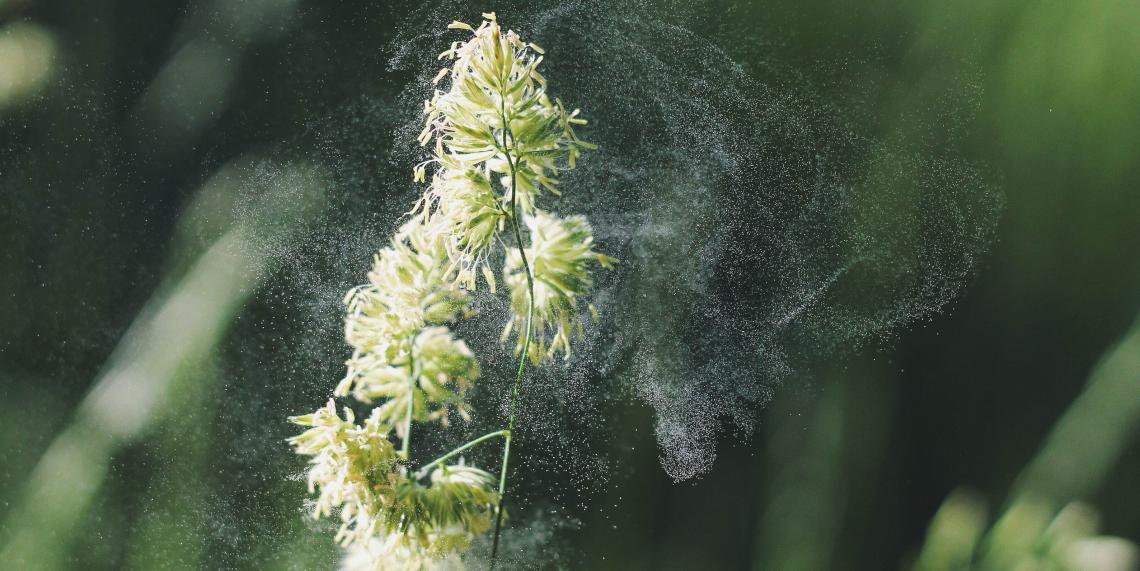If you have a hypersensitive immune system, you’ve probably experienced an allergy on some level. Your body is simply overreacting to stimulants or otherwise harmless elements around you. There is a wide variety of common allergens which, when inhaled, can cause various reactions such as sneezing, teary eyes and coughing. The most common culprits are pollen from trees and flowers, animal dander (much like human dandruff), dust, and mould. Food allergies are obviously a little more specific, so let’s focus on managing mother nature first.
The less-than-elegant symptoms of allergies.
There are a number of common reactions associated with hay fever and allergies. You might suffer symptoms at certain times of the day, over a certain seasonal period, or even on a continuous basis. Here’s what you can typically expect:
- A runny or congested nose, often followed by postnasal drip and severely pressurised sinuses.
- An itchy throat and eyes are almost a spring staple, along with a wheezy, tight chest.
The good news is that there are some tried and tested ways to relieve certain symptoms.
Sniffing out tried and tested relief.
Oral anti-histamines – Anti-histamines are the most common treatment for allergies and hay fever. They provide the most relief with the quickest overall impact. They work by blocking the inflammation-causing histamine that your body produces as a reaction to allergens. Look for non-drowsy medication to take if you suffer throughout the day.
Nasal sprays – Often, the best allergy strategy is to combine an over-the-counter oral anti-histamine with a prescription nasal spray. Some of the ingredients in nasal sprays reduce inflammation and mucus production, while sprays with anti-histamines block the symptom-causing histamine.
Eye drops – Dry, itchy eyes are never fun. Eye drops are effective, easy and you can buy them almost anywhere. Simple saline solutions or prescription drops almost always provide instant relief.
You don’t always need to read a label.
Nasal saline flushing – It’s really common sense if you think about it: remove the pollen, dust, and other allergens from your nasal passages so you’re not congested and there aren’t excess allergens hanging around. All you have to do is lean over the sink with your head tilted to one side, pour the solution into the top nostril, letting it flow out the bottom. Then switch sides. Simple, quick, effective!
Take control.
You'll fight allergies more effectively if you know what you're allergic to. Consider clinical testing to determine exactly what you’re allergic or sensitive to so you can avoid them. Your best solution might simply be staying indoors with the windows closed during the worst pollen days.
Eating your way to allergy-relief.
Diet can play a huge role in allergy management. Have a look at our article on the best diet for allergy sufferers, and why it’s proven to work. Among our suggestions, you’ll find the following;
The common vitamins that help reduce the symptoms of allergies Vitamin D, natural Vitamin E – which is a free-radical scavenger and fat-soluble vitamin – and your daily, immune-boosting Vitamin C.
Also look into magnesium, fish oils, Butterbur and stinging nettle (leaf), rosmarinic acid, and Spirulina.
To all you allergy sufferers, we get it. Allergies aren’t fun. Whether you suffer from them year-round or just occasionally, they can cripple you – affecting your mood, your ability to function and, frankly, your personal relationships – because allergies can make you pretty foul-tempered. Our advice? Lock yourself in a climate-controlled room and only interact with the outside world through your computer, which you frequently clean with hygiene wipes. If that isn’t possible, give a few of the classic remedies a try – you’ll likely feel a whole lot better and be glad you gave yourself a bit of relief.

Comments